Join a powerful, unprecedented alliance for better eye health for all.
Join IAPBThe devastating impact of climate change on health will flow on to affect eye health and lead to a disruption of critical eye care services such as cataract surgeries and refractive error services including the supply of medicines and spectacles.
A snapshot of key issues, messages, actions and resources to help you drive climate action in eye health.

06.12.2021
This virtual event calls upon the sector to mitigate its carbon footprint, reduce its environmental impact and support climate resilience.
This virtual event calls upon the sector to mitigate its carbon footprint, reduce its environmental impact and support climate resilience.
06.12.2021
No Related Videos
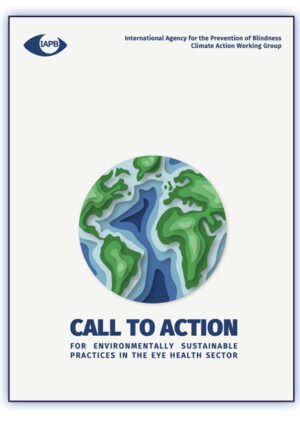
20.04.2021
The Climate Action Work Group tackles issues around environmental sustainability.
Detailed guidance to eye care sector on ways they can reduce their environmental impact and support climate resilience.
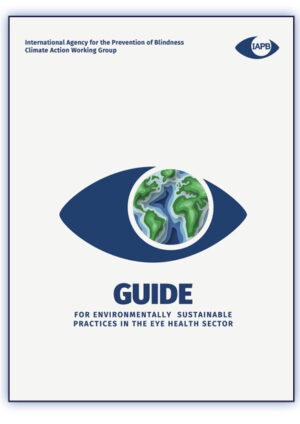

20.04.2021
The Climate Action Work Group tackles issues around environmental sustainability.
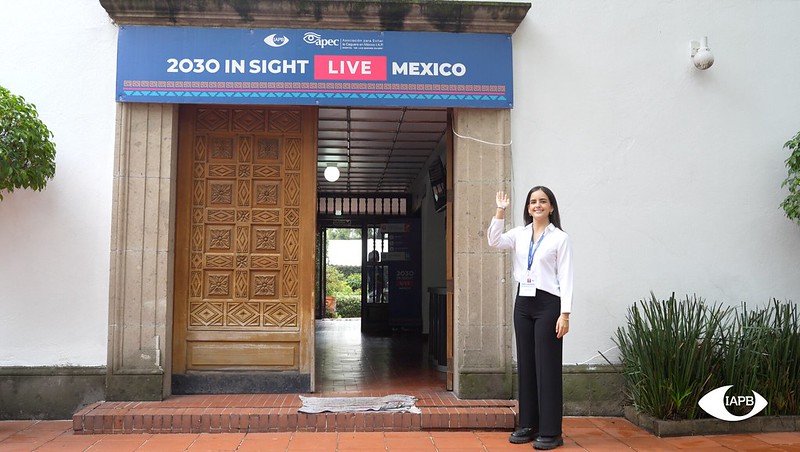
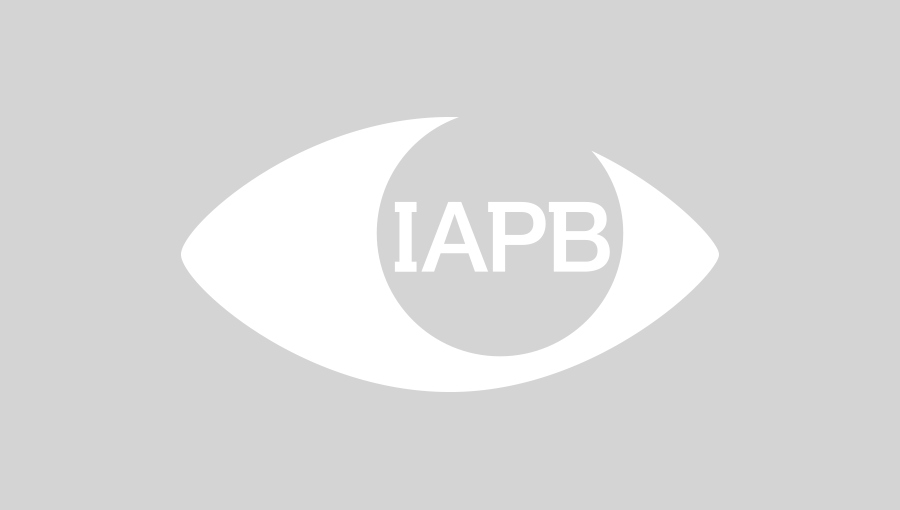
10.06.2024
Mitasha Yu
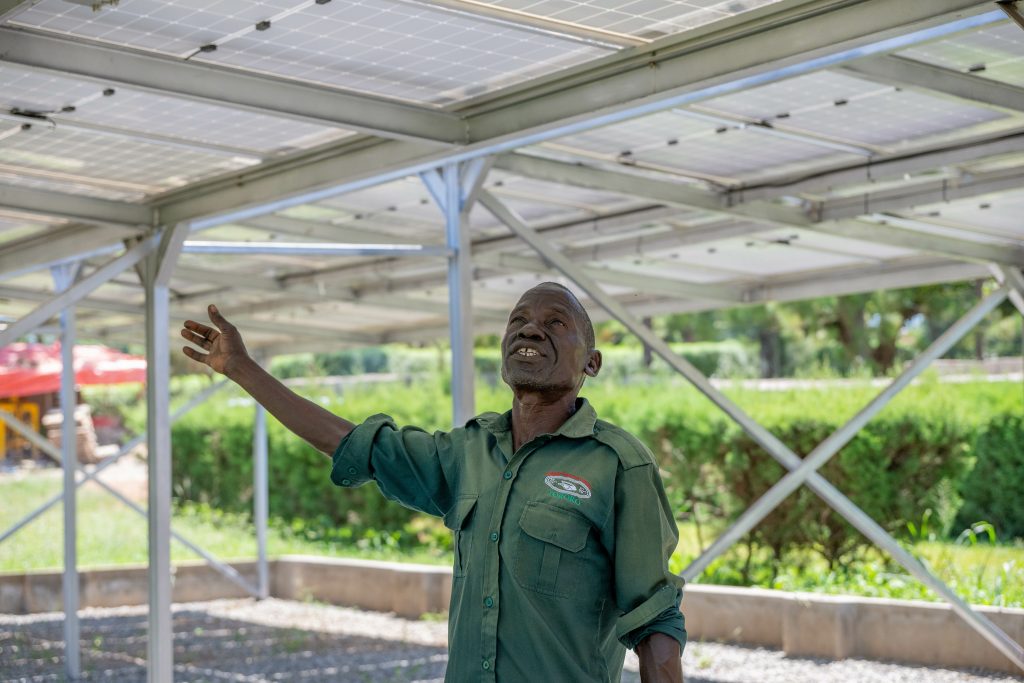
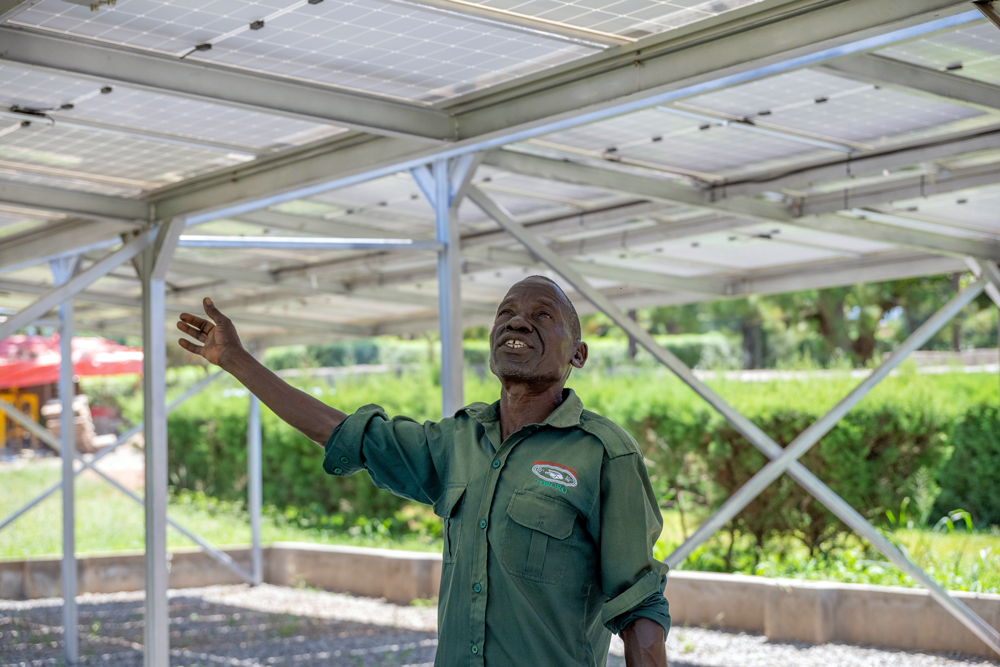
01.04.2024
Anthony Atiko
Benedictine Eye Hospital innovates eye care solutions through integration of renewable energy in thier services

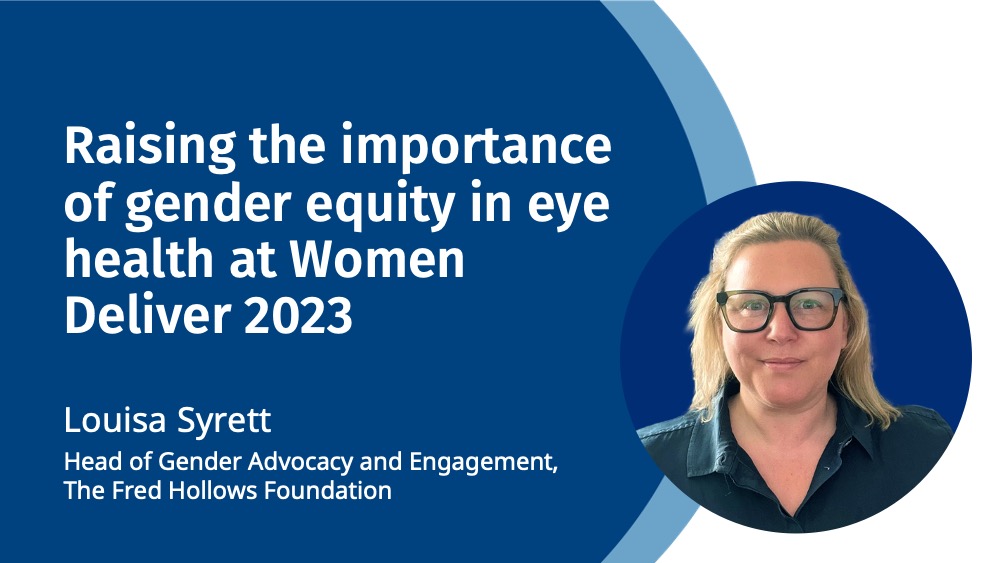
08.08.2023
Louisa Syrett
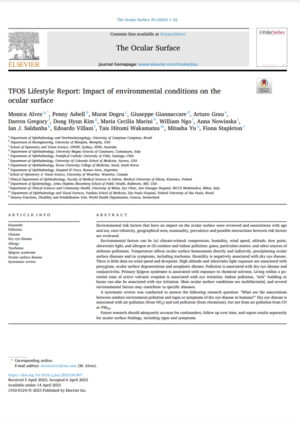
02.05.2023
Exploring the Impact of Environmental Conditions on the Ocular Surface - A Review of Risk Factors
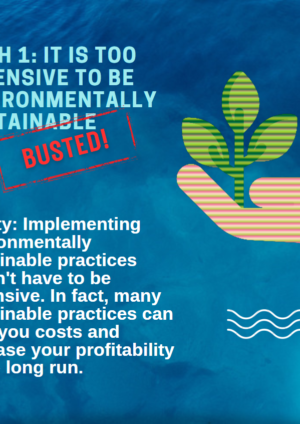
01.05.2023
This PDF document from IAPB's Climate Action Work Group debunks five prevalent myths about climate action and eye care.
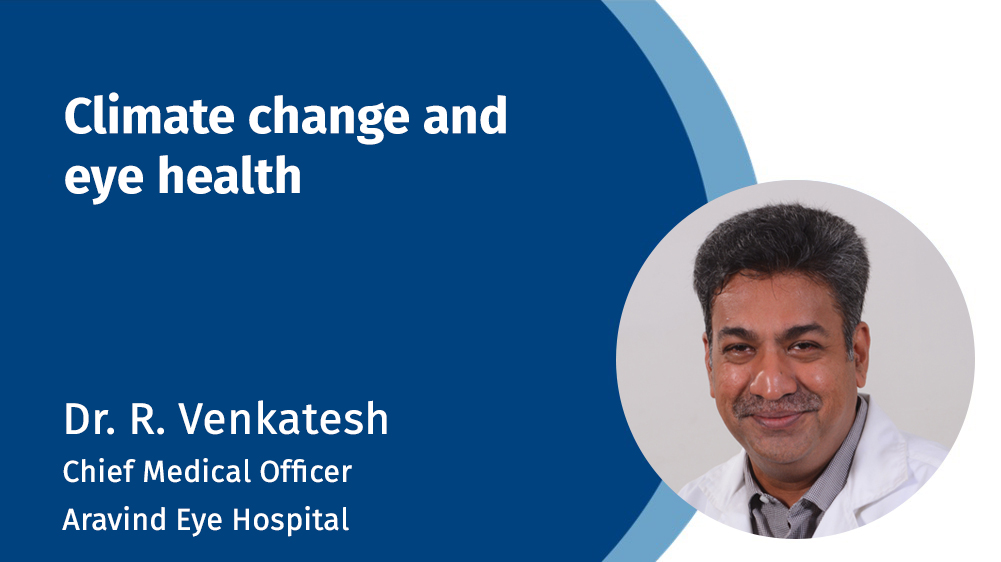

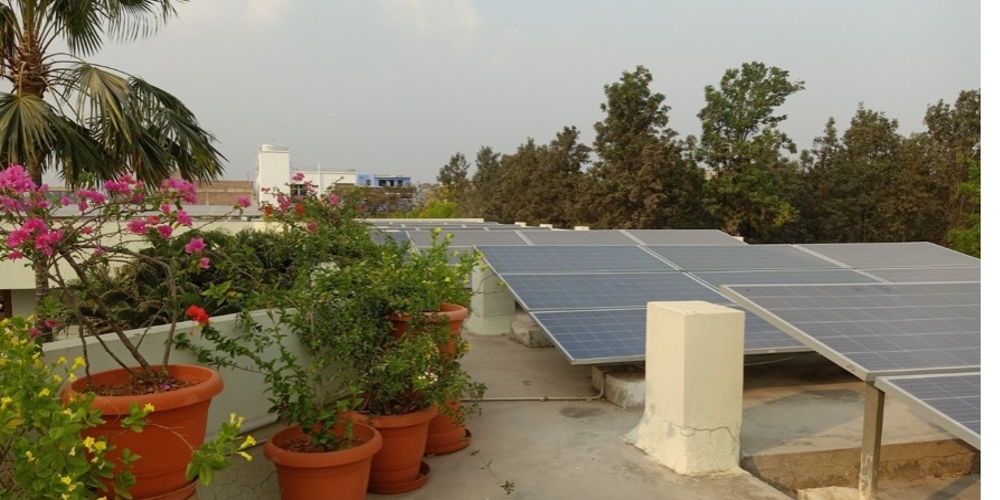

04.06.2022
What you can do to ensure environmentally sustainable practices in the eye health sector.
What you can do to ensure environmentally sustainable practices in the eye health sector.
04.06.2022
No Related Videos
Banner: Pranab Basak



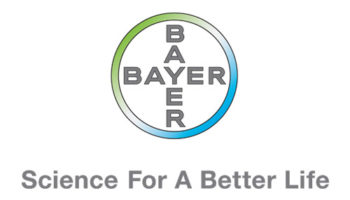



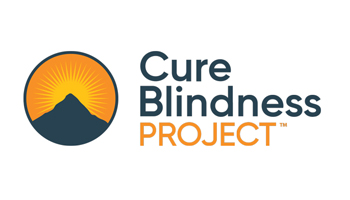

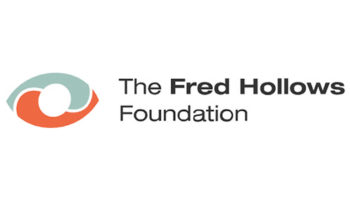
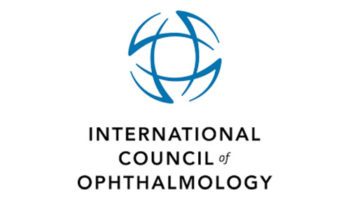




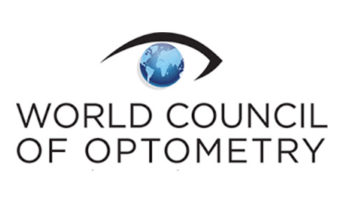

Join a powerful, unprecedented alliance for better eye health for all.
Join IAPBReceive all the latest news, webinars, campaigns, events and more right to your inbox.
Join Mailing List
